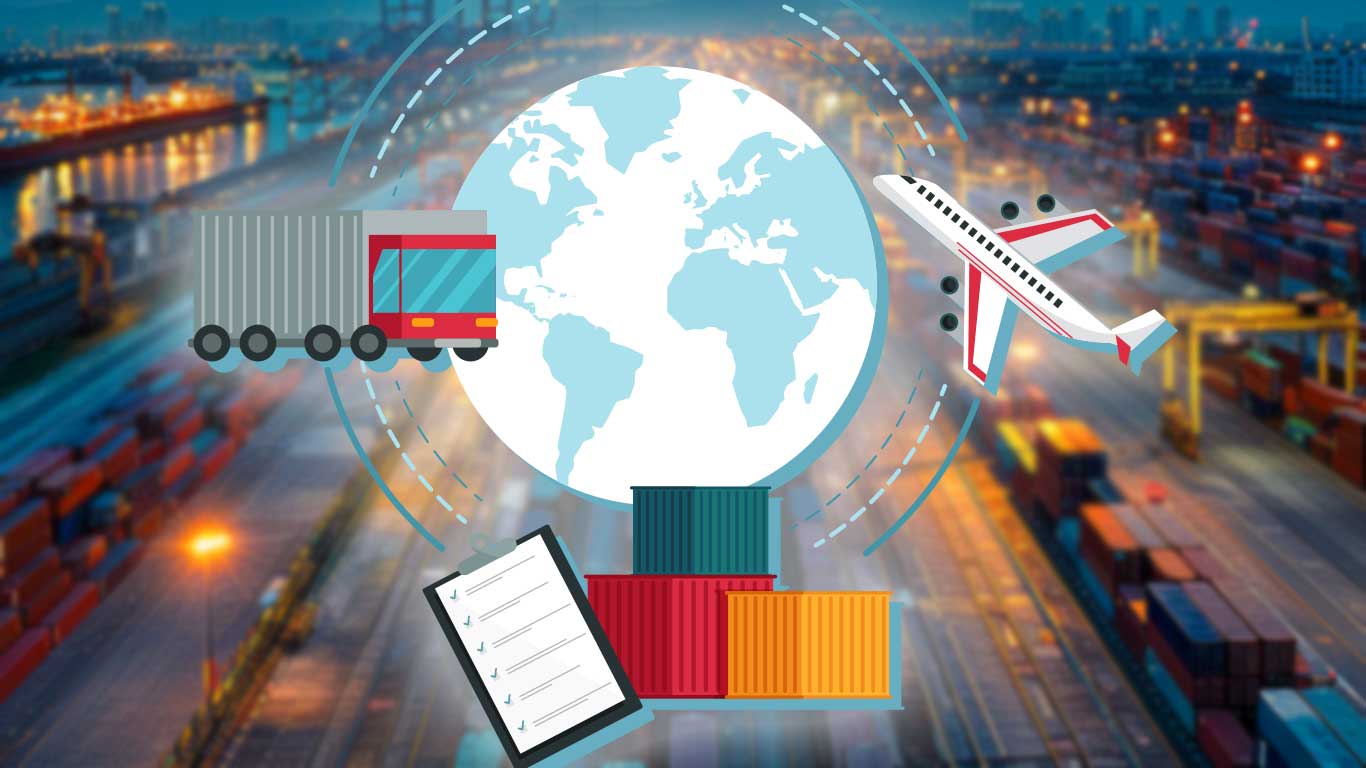SMEs game for e-platforms but wary of inventory based e-commerce
Updated: May 16, 2014 04:12:17pm

“As far as the market-based model is concerned, we have no problems, and rather feel that the government should assist us in taking advantage of it. Whereas, the impact of an inventory-based model on small-scale enterprises needs to be studied, Secretary General of Federation of Indian Micro and Small & Medium Enterprises (FISME), Anil Bhardwaj said.
Bhardwaj was one of the participants at the meeting called by the Department of Industrial Policy and Promotion (DIPP) to ascertain views of the stakeholders on the issue of FDI in e-commerce.
Notably, the consultations were held with various industry bodies a day before the counting of votes which has since been completed giving a clear mandate to the BJP.
The current FDI policy does not allow foreign direct investment in business-to-consumer e-commerce. As such, 100 per cent FDI is allowed in business-to-business e-commerce.
DIPP will hold another meeting with the stakeholders in the next 10 days to formalise its view on the matter and present to the next government. This push to FDI in e-commerce comes even as the exit poll forecasts a BJP-led government after the election. BJP has on record said it is opposed to FDI in multibrand retail.
“We wanted to understand the challenges for e-commerce. Most stakeholders support FDI in e-commerce. The objective is to see how we push manufacturing sector through e-commerce,” DIPP Secretary Amitabh Kant said.
Kant said that they would like to push e-commerce in a big way as it is a very powerful technology. At the same time, they would like to leverage this technology for manufacturers.
According to a DIPP discussion paper on e-commerce, “Around 90 per cent of the global e-commerce transactions are stated to be in the nature of B2B, leaving a meagre 10 per cent as B2C e-commerce. Case of India is no different where most of such transactions are in the nature of B2B.
Moreover Indian e-commerce industry is characterized by “Market Place‟ model. It allows a large number of manufacturers/ traders especially MSMEs to advertise their products on the “Market Place‟ and benefit from increased turnover, the discussion paper said.
A national level body of internet and mobile phone companies, highlighting the challenges as regulatory restriction to raise funds from foreign PE/VC, has suggested a caveat based approach to allowing FDI in the sector, the paper said.
It further added, “One body of industries has stated that MSMEs / traders are currently benefitting from e-commerce in India and there is huge scope of further involvement and growth of MSMEs / traders with further boost to e-commerce. Even small traders have enhanced their coverage by using e-commerce platforms like JustDial, Quikr etc.”
Meanwhile, KPMG – IAMAI (Internet and Mobile Association of India) conducted a study, according to which “The real and perceived benefits of allowing FDI in the Indian retail sector such as efficiency in operations, creation of jobs, growth of the industry, investments in back-end infrastructure and overall contribution to economy also hold true for the e-Commerce industry.
Multiple factors such as minimal product category overlap, the perishable nature of goods sold at kirana stores, small transaction size for such goods and different target consumer profiles suggest that e-Commerce is not a threat to the unorganized retail sector in India, the study said.
The much needed capital infusion, therefore, would need to be facilitated either by relaxing the existing FDI norms applicable to inventory based consumer e-Commerce or by encouraging domestic sources of funding, it pointed out.
“The establishment of a well-administered yet supportive FDI framework requires key considerations around the list of product categories that could be sold by e-Commerce entities, modus operandi for sourcing of products, treatment of strategic and financial investments, minimum/ maximum cap on investment requirements and mandatory investment in backend infrastructure,” it added.
In the DIPP meeting held yesterday, MNCs like Walmart and Flipkart said that they already source about 95 per cent and 66 per cent respectively from India.
According to the FDI in single-brand retail policy, companies need to comply with a 30 per cent domestic sourcing condition while in case of multibrand retail, they need to source 30 per cent from MSMEs.
The meeting was attended by 36 stakeholders, including FISME, e-Bay, Amazon, Walmart, Google, Flipkart, CII, Ficci, CAIT, Nasscom, KPMG etc.
From the point of view of business, there are two models of e-commerce. First model is known as “Market Place” model, which works like exchange for buyers and sellers.
The “Market Place” provides a platform for business transactions between buyers and sellers to take place and in return for the services provided, earns commission from sellers of goods/services. Ownership of the inventory in this model vests with the number of enterprises which advertise their products on the website and are ultimate sellers of goods or services. The “Market Place”, thus, works as a facilitator of e-commerce.
In “Inventory Based” model, ownership of goods and services and market place vests with the same entity. This model does not work as a facilitator of e-commerce, being delineated therefrom, but is engaged in ecommerce directly. (KNN/SD)











